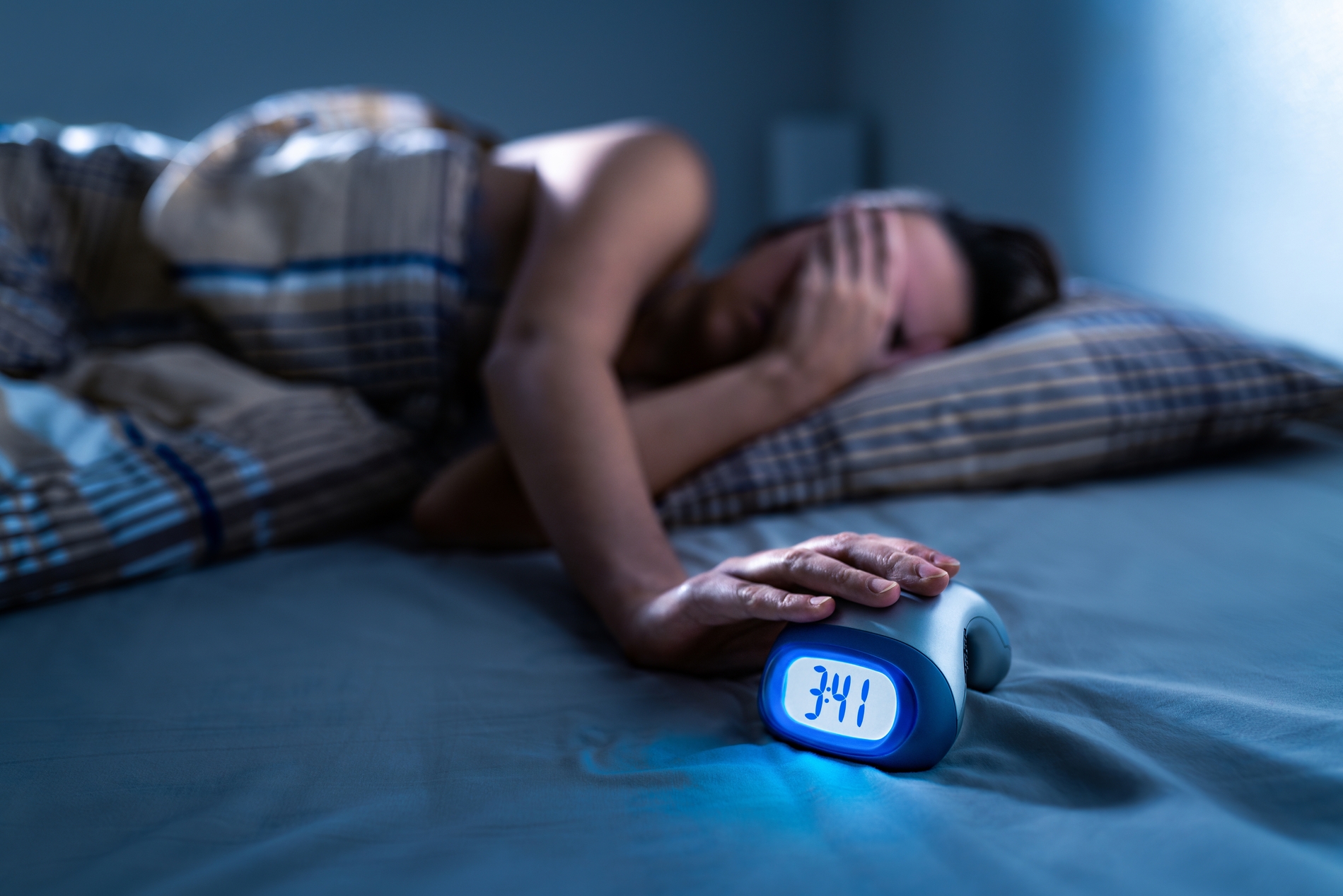
Simple habits to quiet the mind and rest well again
When stress builds up, sleep is often the first thing to go. You lie awake replaying the day or worrying about tomorrow, watching the hours slip by. Stress-induced insomnia is common, but the good news is that small changes at home can help restore balance and bring your sleep back on track.
Create a Calming Routine
Your body loves consistency. Try going to bed and waking up at the same time every day, even on weekends. Build a short bedtime ritual that signals your brain to unwind, dim the lights, stretch, listen to calm music, or read something light. Avoid screens for at least thirty minutes before bed, since blue light can interfere with melatonin.
Keep Your Space Sleep-Friendly
Make your bedroom feel peaceful. Cool temperatures, soft lighting, and clean sheets go a long way toward helping your mind relax. If outside noise or light keeps you up, consider blackout curtains or a white-noise machine. A tidy, uncluttered space can also make it easier to disconnect from daily stress.
Mind the Mind
Stress often needs an outlet before it can fade. Try writing down your worries in a notebook before bed to get them out of your head. Gentle breathing exercises or guided meditations can lower heart rate and ease racing thoughts. Even five minutes of mindful focus can help calm the nervous system.
Watch What You Consume
Caffeine, alcohol, and heavy meals close to bedtime can all disrupt your sleep cycle. Swap late-night coffee for herbal tea, and limit drinks that can wake you later in the night. If you’re hungry, opt for something light like yogurt or fruit.
Build Relaxation Into Your Day
Better nights start with better days. Short walks, stretching, or spending time outdoors can reduce cortisol levels and make it easier to sleep later. The goal is to manage stress steadily instead of letting it build up by bedtime.




